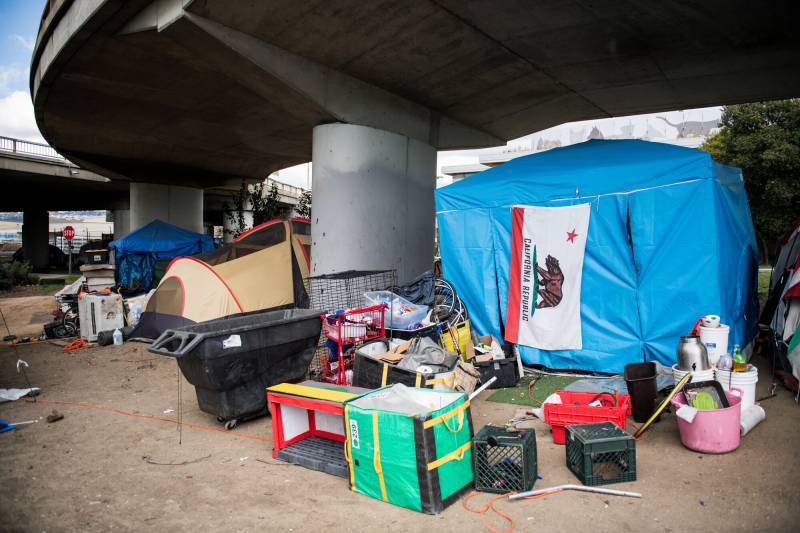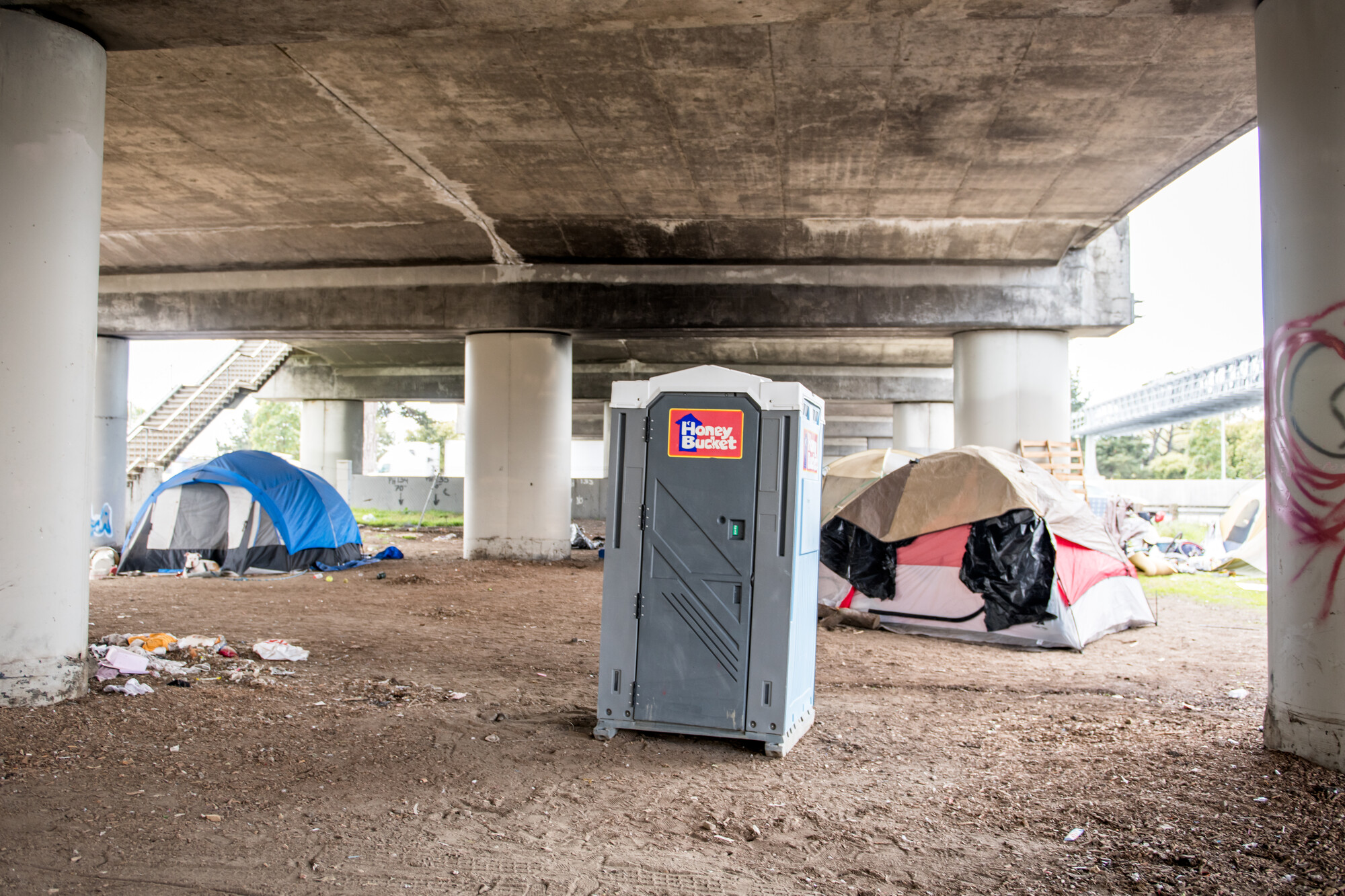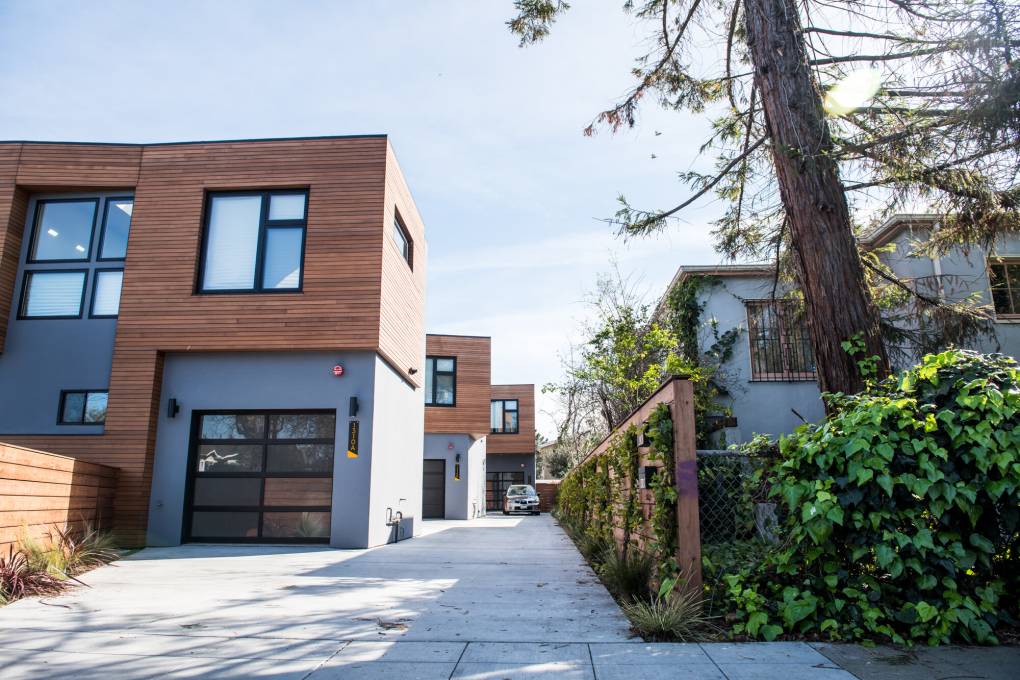Berkeley may soon become the latest Bay Area city to crack down on homeless encampments under expanded authority granted to local governments by a recent Supreme Court ruling.
Legislation proposed by Councilmember Rashi Kesarwani, who represents northwest Berkeley, would allow the city, under certain conditions, to clear encampments without providing alternative shelter. Unhoused residents could also face citation or arrest if the resolution passes.
“We want our staff to continue to make a shelter offer when practicable,” Kesarwani said. “But sometimes, we have encampments that have created a fire or health risk for neighboring businesses or residents, and we need to be able to address those health and safety issues by enforcing our state and local laws.”
Under Kesarwani’s proposal, encampments could be cleared if they pose a fire or health hazard, constitute a “public nuisance,” or sit in the way of traffic, construction or maintenance.


